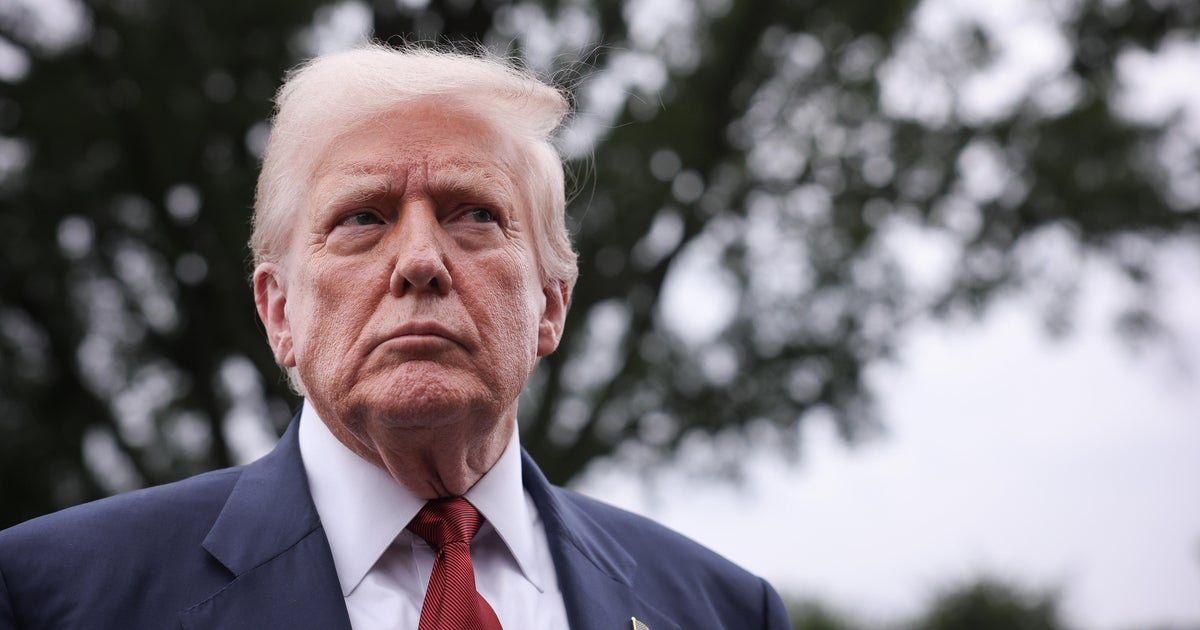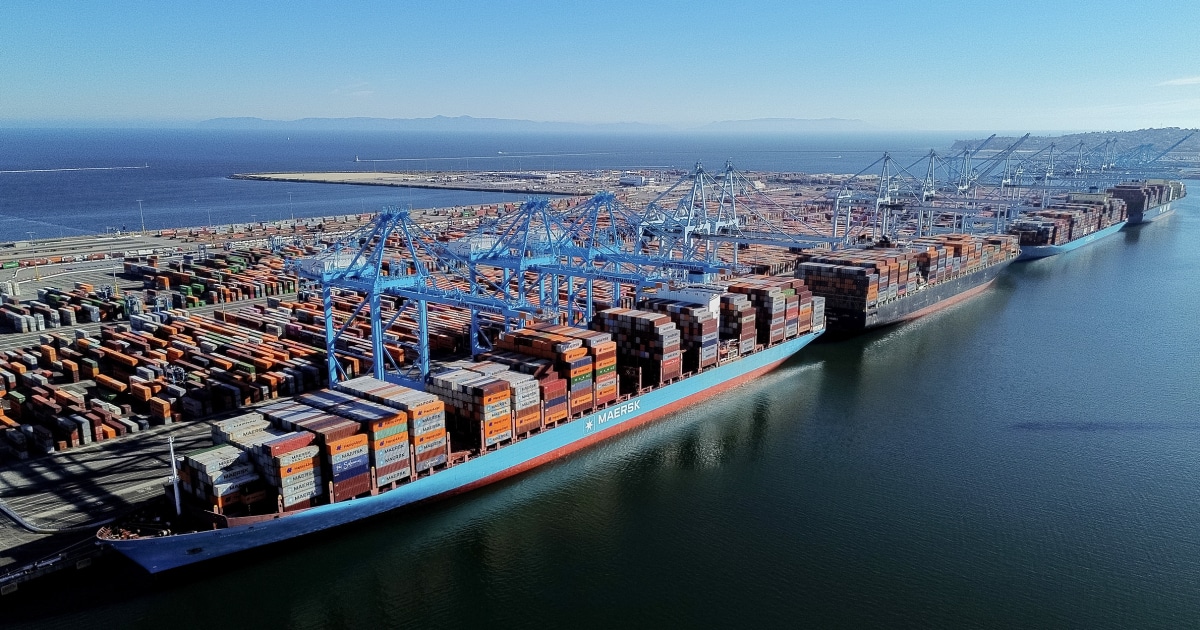Human Rights Report Controversy Sparked by Trump Administration Changes

Introduction
The annual human rights report, released by the Trump administration, has sparked controversy as it has been rewritten and scaled back. The report, which is meant to assess the human rights record of countries around the world, has reduced criticism of some US allies like Israel and escalated disapproval of perceived foes such as Brazil.
Changes in the Report
The changes in the report have raised concerns about the political agenda of the Trump administration and the impact it may have on the credibility of the report. The report has shifted the focus from traditional human rights concerns to a more political agenda, with a clear bias towards US allies. For example, the report has toned down the criticism of Israel's treatment of Palestinians and has increased criticism of Brazil's handling of the Amazon fires.
Implications and Reactions
The changes in the report have been met with criticism from human rights organizations and advocates. They argue that the report should serve as an objective assessment of human rights around the world and not be influenced by political agendas. The changes in the report also raise concerns about the US's stance on human rights and its relationships with certain countries. It remains to be seen how the altered report will impact the global perception of human rights in the US and its allies.
About the Organizations Mentioned
Trump_Administration
The "Trump Administration" refers primarily to the U.S. presidential administrations led by Donald J. Trump, encompassing his first term from 2017 to 2021 and his second term beginning in 2025. As the 45th and current U.S. President, Trump’s administrations have focused on a wide array of policy areas, including economic reform, trade, foreign policy, judicial appointments, and technology innovation. During his first term (2017-2021), the Trump Administration enacted significant tax reforms, notably the Tax Cuts and Jobs Act, which was the largest tax reform in U.S. history. It also prioritized renegotiating trade agreements with major partners such as Mexico, Canada, China, Japan, and South Korea to favor American economic interests. The administration emphasized strengthening the military, combating ISIS, addressing the opioid crisis, improving veterans' healthcare, and responding to the COVID-19 pandemic with vaccine development support[4][5]. In technology and business, the Trump Administration advanced American leadership by signing international agreements on secure 5G networks, including the Prague Principles, and collaborating with the UK on artificial intelligence cooperation. It also led efforts to exclude Chinese telecom giant Huawei from allied 5G infrastructure, reflecting concerns over national security and technology sovereignty[5]. Notably, President Trump appointed three Supreme Court justices—Neil Gorsuch, Brett Kavanaugh, and Amy Coney Barrett—marking the largest such appointment by any one-term president since Herbert Hoover. Over 200 federal judges were confirmed during his first term, reshaping the judiciary[4]. The administration was marked by controversy, including two impeachments by the House of Representatives—first in 2019 for abuse of power related to Ukraine and second in 2021 for incitement of insurrection—with acquittals in both Senate trials[4]. Foreign policy highlights include withdrawing from the Trans-Pacific Partnership, imposing travel bans on several Muslim-majority countries, and complex stances in Middle East conflicts,
US_Allies
US_Allies is not a formal organization but rather a collective term referring to the network of countries allied with the United States through various treaties and partnerships. These alliances are primarily focused on military, economic, and diplomatic cooperation, serving as pillars of U.S. foreign policy and global security strategy. The most prominent of these is the North Atlantic Treaty Organization (NATO), established on April 4, 1949, with the U.S. as one of its founding members. NATO is a political and military alliance involving 31 member states from Europe and North America, committed to collective defense, meaning an attack on one member is considered an attack on all. NATO was formed during the Cold War to counter Soviet threats and remains a cornerstone of U.S. security and international stability[1][2][5][6][8]. Another key grouping is the Organization of American States (OAS), chartered in 1948, which includes 35 countries from the Americas to promote regional cooperation and economic development[1]. Beyond formal alliances, the U.S. designates several countries as Major Non-NATO Allies (MNNAs), granting them special military and financial privileges without full NATO membership. This status strengthens strategic ties with nations such as Brazil, Qatar, and others, facilitating defense cooperation, arms sales, and joint research[4][5][9]. The U.S. benefits significantly from these alliances, which enhance intelligence sharing, joint military exercises, and combined operational capabilities. Allies have supported the U.S. in every major post-World War II conflict and collaborate on global challenges like counterterrorism, cybersecurity, and international governance standards[2][3]. Currently, U.S. alliances face complex geopolitical dynamics, and policy discussions emphasize maintaining robust partnerships without overextending long-term security commitments, particularly in regions with nuclear-armed states. The alliances remain vital for U.S. influence in global affairs, defense readiness, and economic diplomacy[5].
Israel
Israel is a highly developed democratic country in West Asia, known for its advanced free-market economy and significant contributions to global business and technology sectors. Established in 1948, Israel has grown into a regional powerhouse with a population of approximately 9.5 million as of 2025. It is the only country with a Jewish majority population and operates under a parliamentary democracy with strong political rights and civil liberties[2][5]. Israel's economy is among the most sophisticated in the Middle East, ranked 25th globally by nominal GDP according to the IMF in 2025. It boasts the second-largest number of startups worldwide, only behind the United States, and the third-largest number of companies listed on NASDAQ after the U.S. and China. This vibrant tech ecosystem attracts major multinational corporations such as Intel, Microsoft, Apple, IBM, Google, and Facebook, all of which have established research and development centers in Israel, often marking their first overseas R&D presence there[1]. The country’s main economic drivers include high-tech industries, industrial manufacturing, and diamond cutting and polishing, with the diamond sector accounting for 21% of exports in 2017[1]. Israel’s technological innovation extends to energy, with recent discoveries of natural gas reserves and a growing solar energy industry aiming to reduce dependency on imports[1]. Despite its small size, Israel's infrastructure rivals developed nations, supported by a sophisticated welfare state and a powerful military known for advanced capabilities, including nuclear weapons[1]. Regionally, Israel faces ongoing geopolitical instability and conflict, which influence its security policies and international relations. Internal and external tensions persist, particularly regarding the Palestinian territories, impacting both domestic and foreign policy dynamics[3][4]. Public opinion within Israel reflects concerns about international respect and peace prospects[6]. Overall, Israel stands out as a dynamic hub of innovation, economic resilience, and geopolitical significance, making it a critical player in global business and technology news.
Brazil
Brazil is a sovereign country and the largest economy in South America, ranking as the tenth-largest economy globally and second-largest in the Western Hemisphere with a GDP of approximately $2.19 trillion in 2024[5][8]. It operates as a multiparty federal republic with a population of about 206 million in 2025, projected to reach 224 million by 2030[1]. The capital is Brasília, and the official language is Portuguese. Historically, Brazil's vast and diverse geography, encompassing rivers, wetlands, mountains, and plateaus, has shaped its complex economic and cultural landscape[1]. The country is a major global player in agriculture, mining, energy, and manufacturing, with São Paulo serving as its financial and business hub[5]. Economically, Brazil has experienced fluctuating growth rates. After a strong rebound in early 2025 with a 5.7% annualized GDP growth in Q1, the economy faced a slowdown due to rising inflation, higher interest rates, and currency devaluation, leading to a contraction in subsequent months[2][4]. Forecasts for 2025 GDP growth range from 1.6% to 2.4%, influenced by monetary tightening and fiscal challenges, although household consumption remains a primary growth driver[3][6][7]. Inflation is expected to moderate but stay above the central bank's target in the near term[3][6][7]. Brazil maintains a robust commercial relationship with the United States, its second-largest trading partner, and has a diversified domestic market that values technology and international products, especially from the U.S.[5]. Recent tax reforms aim to simplify the complex regulatory environment, enhancing export potential. Notably, Brazil's political system is a vibrant democracy with competitive elections and active public debate, despite polarization[9]. The country faces ongoing fiscal and structural challenges but continues to play a pivotal role in regional and global economic and technological developments.
:focal(0x0:3000x2000)/static.texastribune.org/media/files/607295621ffef4e1f09b6eb16774ad3e/0809%20Beto%20Rally%20Fort%20Worth%20DR%20TT%2033.jpg)












